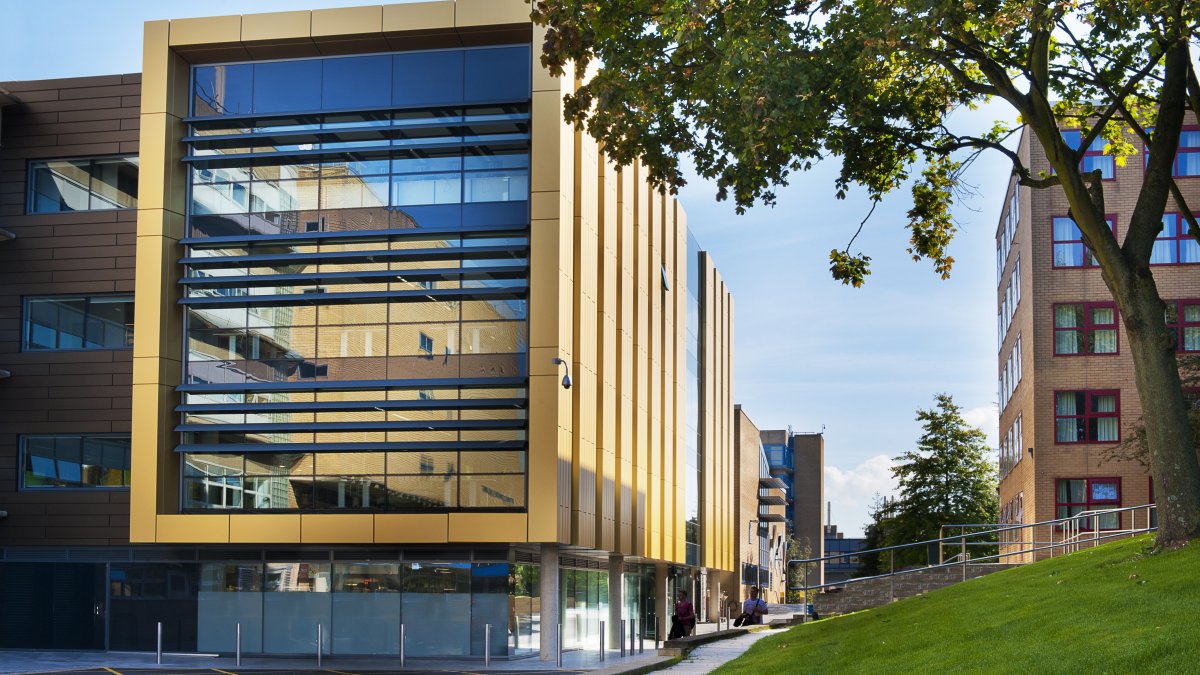One fifth of the University of Surrey’s electricity may flow from its own 12.2MWp solar farm as early as 2024.
Land at Blackwell Farm, on the uni’s research park west of Guildford is being set aside to host ground-mounted arrays capable of pumping out power in quantities as might otherwise be used by 4,000 British homes.
The initiative is launched today in partnership with SSE Energy Solutions. As is now standard on big solar farms, the projected PV farm will boost natural biodiversity, with wildflower planting, nature corridors, hedgerow expansion and bug hotels.
The university intends submitting a planning application by August. Before then, locals can quiz the PV park’s developers on Saturday 11 June from 10am, in the World Cup Suite at Surrey Sports Park in Guildford.
The borough’s planners will take the immediate decision, but will do so in the context of a strategic priority declared by Surrey County Council to source 15% of the county’s electricity from solar by 2032.
Should Guildford planners consent this autumn as anticipated, construction will begin in August 2023.
With its campus atop a hill occupied by scientists, academic rigour demands that Surrey Uni’s Net Zero goals for itself observe the peer-reviewed protocols of the Scientifically Based Climate Targets Initiative (STBI). That means no cheating, and no corporate greenwash.
Now educating around 16,500 students, the university received its charter in 1966.
Space station Surrey
Executive lead on climate change Professor Bob Nichol said: “The University of Surrey community is dedicated to doing our bit to minimise global warming. Our move to home-generated solar power is an important part of our plans”.
The uni has already cut emissions by 24% between 2005 and 2019. if built, the Blackwell solar farm will eliminate another 1,100 tonnes of CO2e annually.
Later this year, the university will roll out the first phase of its programme to charge EVs on site for staff and students.
Also before Christmas, the uni will launch the Surrey Institute for Sustainability, to enable inter-disciplinary research in mitigating the climate catastrophe.
“Big strides like this are essential for organisations to reduce their carbon footprints”, Professor Nichol went on.
“Increasing our solar generation is just one part of Surrey’s sustainability story. We are keen to talk to others in Surrey, and universities beyond, to bring organisations and individuals with us on our road to ‘Net Zero’.”
Pieter D’haen, SSE Energy’s senior development manager, commented: “Now more than ever it is essential to accelerate the indigenous generation of clean energy to enhance the national security of energy supply.
“The University of Surrey project is a great example of what communities can do to play their part.”




